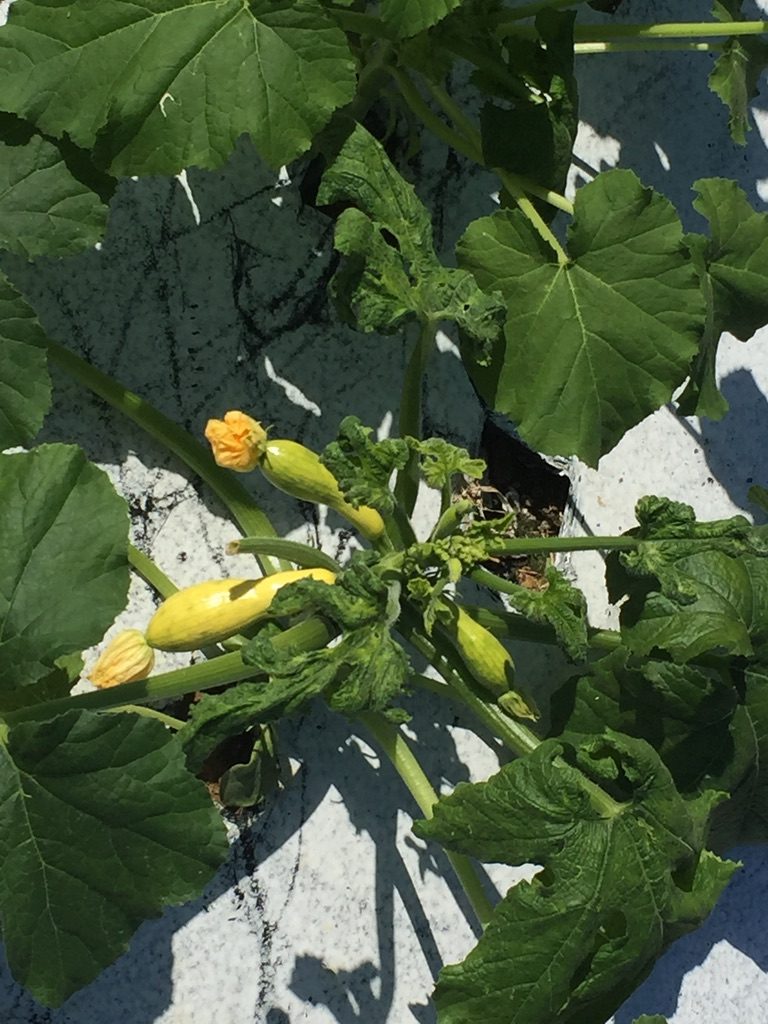
One of the best management tactics for vegetable growers when dealing with whitefly infestations is to get rid of any plants left in the field once harvest season is done. University of Georgia Cooperative Extension vegetable entomologist Stormy Sparks continues to preach proper sanitation to producers amid the worst whitefly outbreak in Georgia since 2017.
“This is really for all pests but definitely for whiteflies, when you get done with a crop and if you’re not managing that crop for whiteflies and it’s a crop that hosts whiteflies, you need to get rid of it as soon as possible,” Sparks said. “It needs to be destroyed so it cannot harbor or produce any more pests. That really should become a priority. In vegetables, getting a crop in on time is just paramount, nothing stops that. We really need to move towards that as far as getting crops out as well.”
Huge Problem This Year
Whiteflies are a greater problem this year due in large part to the mild winter. While colder temperatures do not eliminate whiteflies, they do kill off many of their wild hosts and slow population development in cultivated hosts. Warmer temperatures allowed for larger whitefly populations to overwinter and become mobile earlier this summer.
Whiteflies migrate from winter vegetables to spring vegetables to agronomic crops, like cotton, to fall vegetables and back to winter vegetables. Whiteflies cause feeding injury issues in vegetables and transmit two new viruses: cucurbit leaf crumple virus and cucurbit yellow stunting disorder virus.









